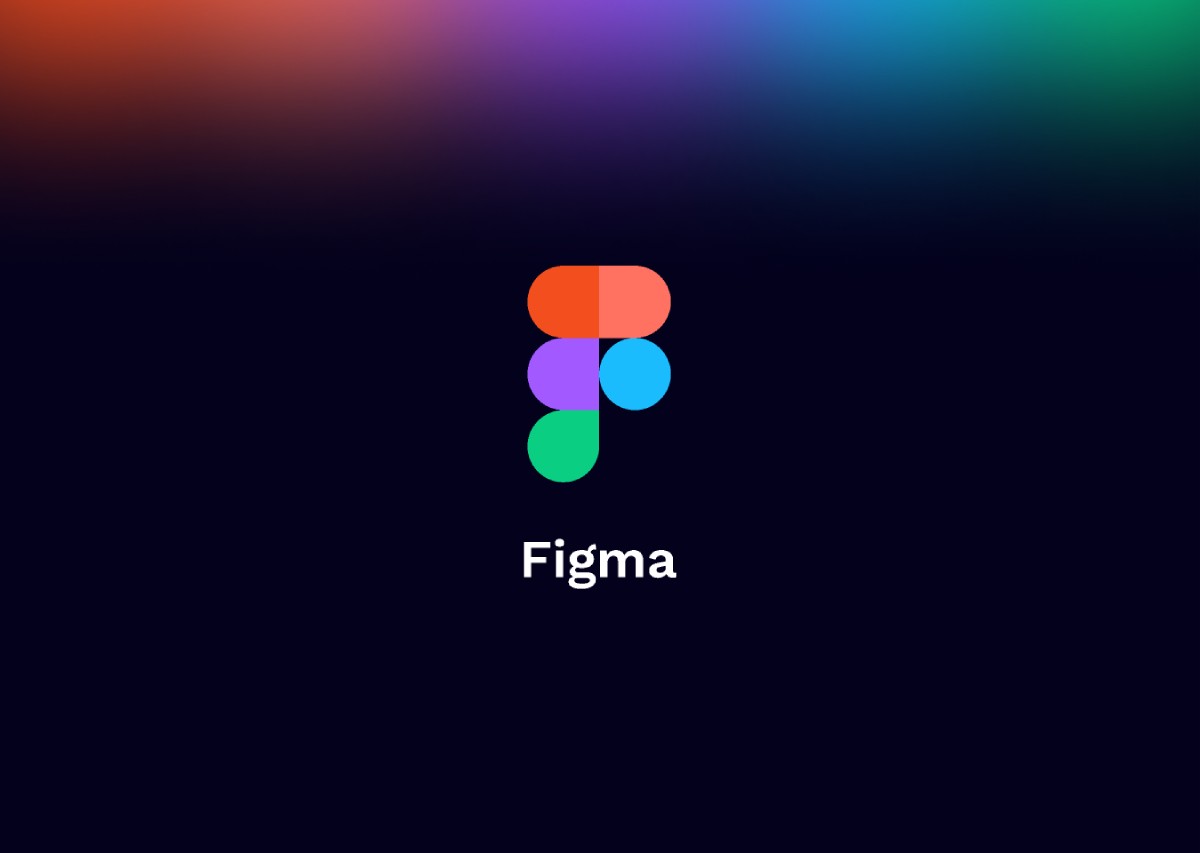Figma

Figma is a web-based design and prototyping tool that allows users to create, collaborate, and share designs and prototypes in real-time. It is widely used by designers, product managers, and developers for its user-friendly interface, flexibility, and collaboration features.
Here are some of the key features of Figma:
-
Vector editing: Figma provides a powerful vector editing tool that allows users to create and edit shapes, icons, and illustrations with precision and ease.
-
Design elements: Figma provides a library of design elements, such as icons, buttons, and forms, that can be easily customized and used in designs.
-
Real-time collaboration: Figma allows multiple users to work on the same design simultaneously, making it easy for teams to collaborate and iterate on designs in real-time.
-
Prototyping: Figma allows users to create interactive prototypes of their designs, enabling them to test and validate their ideas before building the final product.
-
Version control: Figma provides a version control system that allows users to track and manage changes to designs over time.
-
Design systems: Figma supports the creation of design systems, which are collections of reusable design elements, styles, and guidelines. Design systems help teams maintain consistency and coherence across different products and projects.
-
Plugins: Figma has a large library of plugins that allow users to extend the functionality of the tool and integrate with other design and development tools.
Figma is a versatile design tool that offers a wide range of features and capabilities.
